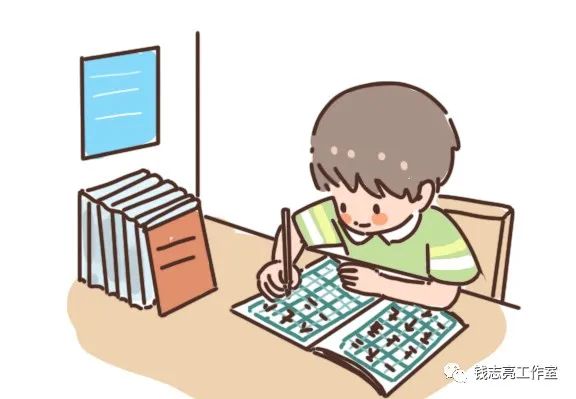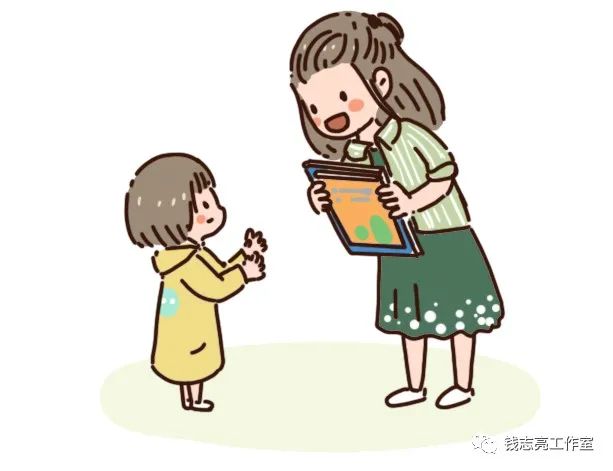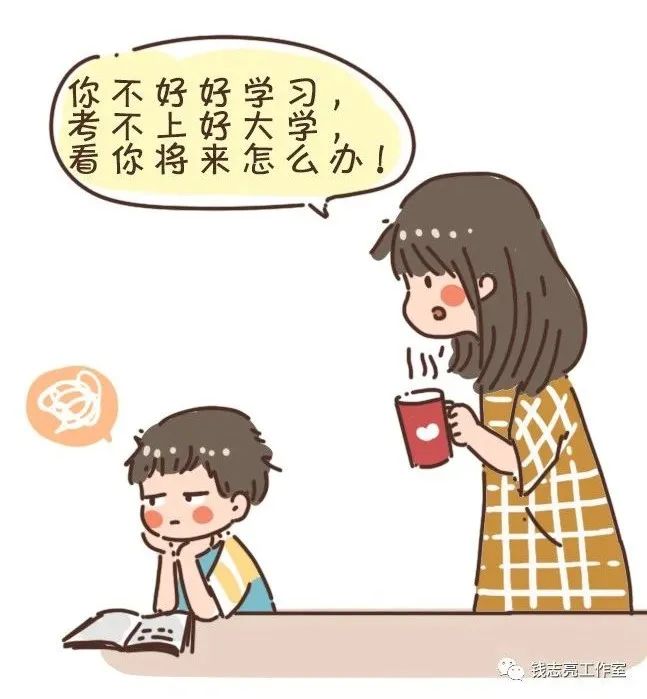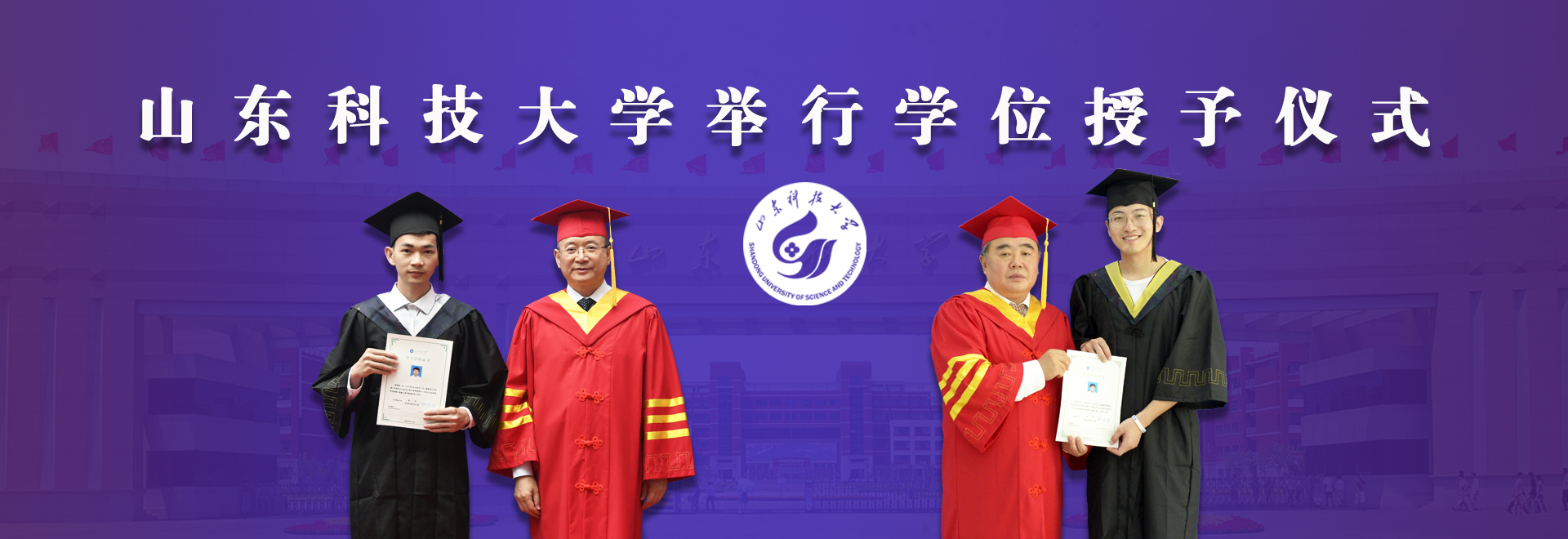Three things that are most likely to destroy children's internal drive, are you still doing it?
Author:Guangming Society educator Time:2022.08.14

With internal driving force, no matter whether there is an external reward or temptation, a person can maintain a high degree of enthusiasm and actively invest in what you want to do, and will not give up lightly. This is a strong inner power.
Recently, a parent was distressed by cultivating children's reading habits.
In the summer vacation, she bought a lot of books for her children, and gave the child a good regulation every day to read, and sometimes promised the child to reward him a small gift after reading a book.
However, many methods have been used. Children still cannot be interested in reading. As long as parents do not ask for force, they can't remember reading.
This reminds me of a lot of children who like to read. Where they go to, as long as they see a book, they will light their eyes. Immediately "drill into" the book and look interestingly.
The gap between the two types of children lies in the internal driving force in reading.
American psychologists Desssi and Ryan have proposed self -decision theory, dividing the motives of each person into internal drive and external driving force.
Children who like to read from the heart are interested in the story and text in the book. It can produce a sense of satisfaction and joy from it. This is an inherent driving force. It does not require others to supervise and spur.
And those children who do not like to read lack internal driving forces in this matter, so they will rely on parents' rules and rewards. Once these external drives disappear, the behavior will also change: no one is required to read books if no one is required to read books. Essence
Reading is the same as learning.

Why do some children, from childhood, do not need parents to urge them, they will consciously learn and take the initiative to learn. They will actively find ways to solve them when they encounter difficulties?
It is precisely because it has inspired the internal driving force in learning.
With internal driving force, no matter whether there is an external reward or temptation, a person can maintain a high degree of enthusiasm and actively invest in what you want to do, and will not give up lightly. This is a strong inner power.
And those children who rely on external drive may also be excellent for a period of time, but when the external power is insufficient or disappeared one day, the child will feel at a loss, lose direction, and even stagnate.
Therefore, in the process of educating children, parents should pay attention to protecting their children's internal driving force, avoid the following three methods, and destroy the child's internal driving force-
01
Lack of boundaries, excessive interference and control
In terms of learning, we often see parents who are exhausted and children who want to be lazy and delay:
Parents are always anxious, worrying, and arranging everything for children: packing schoolbags for children, coaching children to write homework; urging children to get up, sleep, and tuition classes; arrange various learning tasks for children ...
However, the child looks very passive.
When parents lack a sense of boundaries and participate in too much in their children's learning, children can arrange and decide less.
Over time, the child depends on his parents' urging and management, and escaps his responsibility on his learning while gradually becoming lazy and slack.
On the issue of excessive control of their parents, Dr. William Sticks Rudrud, a clinical neuropsyist, interacted with parent -child and anxiety management education expert Nide Johnson, proposed in the book "Self -Driven Growth":
Parents want to cultivate their children's self -control and stimulate their inherent motivation. They should regard themselves as "consultants" of their children, rather than children's "bosses or managers".
Only when parents do not excessively participate, let their children realize that learning is their own business, can he truly be responsible for his learning and be more independent.
Therefore, parents must grasp the boundaries and deeply realize that their children and themselves are independent individuals. The child's own affairs let him do it by himself, and he needs his responsibility to let him bear it from elementary school.
In terms of learning, do not over -interfere and control, give the child proper freedom, and let him manage himself; encourage him to encourage him to think about thinking and find the fun of learning.
Parents only need to let their children feel your love and support, and give him suggestions and guidance when he really needs help.
In this way, the love of boundaries can allow children to find their inner motivation and be responsible for their own learning and growth.
02
Improper use of external power
One news has caused heated discussions on the Internet: a 14 -year -old child reported to the police that his father was monitoring in his room and violated his privacy. When the police came to understand the situation, the child's father said, "It is to supervise the child's learning."
Many parents can do their best for their children's learning.
Some have always given their children the reason, nagging, and forcing their children to learn; some arrange various tuition classes and tutors for children, so that children do not play.
If a person does one thing, it is mainly pushed forward by these external motivation, it is easy to cause boredom and resistance, which is harmful to inspiring internal driving force.
Two psychologists from the University of Stanford and Michigan have done a famous "painting experiment":
Children who originally liked to draw, without any intervention, will take the initiative to paint.
However, if you deliberately set up a reward mechanism, these children are divided into "reward group" and "no reward group". Children with a "no reward group" choose to paint 16.7%; only 8.6%of the "reward group" children are painted.
The child was originally interested. After the introduction of the reward, the power of driving them was greatly reduced.

In daily life, many parents will use rewards and punishments to motivate their children to learn. When they get a lot of time, they will buy gifts. In this model, the child's original enthusiasm for learning has become a reward or avoiding punishment. Over time, learning interest and initiative will decrease.
Material incentives can be used appropriately, but it is important to make the child feel that parents love him and encourage him to buy him, instead of treating rewards as a bargaining chip to achieve the next goal.
For example, the child has been reviewing it for a period of time and achieved good results at the end of the period. Parents can reward their children's favorite toys and books, or satisfy his careful wish.
This post -event reward will make children feel affirmed, and the learning motivation and enthusiasm will be stronger.
I really want children to do one thing consciously and persistently, mainly to guide the child to tap the fun. In the process, experience the sense of accomplishment and self -confidence, rather than relying on the external force to force the child too tightly too tightly Essence
03
Negative emotions affect children
I have read a news:
Ms. Hu, 42 -year -old Wuhan, lasted a headache for several months, but could not find the cause. When the doctor talked about the child, she suddenly cried.
It turned out that Ms. Hu caused anxiety and depression because of the counseling of children's homework. She claimed that she could not discuss the children in the circle of friends, and "felt very failed."
In terms of children's learning, it is difficult for many parents to maintain emotional stability. Seeing that the child is not as good as others, or if you lose the exam, you will immediately think of the bad results. He is anxious and anxious, either sighs long and sorrows.
I understand that it is not easy for parents, but in terms of educational effects, these anxiety and sorrow emotions will also pass to the children with negative energy, so that children can feel disturbing, fear, hopelessness, and gradually lose their confidence.

Moreover, it is difficult for children to really love and invest in things that they feel bad.
As a parent, it is actually not the behavior of our children, but our evaluation and views on children's behavior. We should learn to be responsible for our emotions.
In the process of educating children, parents must understand how to adjust their mentality and look at problems, maintain the stability and peace of emotion, so that the child can feel your trust in him and feel that he can do it.
Parents pass on their children's positive and optimistic emotions are more conducive to their children's growth and progress.
In a relaxed and stable environment, children can focus more on what they do and develop internal driving forces.
On the issue of children's learning, parents are better to calm down, to calm down, to analyze objectively, communicate more with their children, and work together to find ways to solve the problem.
After all, practical methods and actions can truly help children.
—————
- END -
2022 General College Admissions Propaganda and College Entrance Examination Volunteer Reporting Live Interview Points (first session)

Time: 9: 00-9: 45, June 16, 2022Speaker: Ji Zechen (Doctor of Engineering, Dr. Chi...
Shandong University of Science and Technology: In 2022, 73 undergraduate programs enrolled 7,350 students

Recently, Shandong University of Science and Technology issued a 2022 enrollment c...